Ginseng is a well-known top-grade tonic. In many regions of China, people soak ginseng to make medicinal wine, which they drink regularly to strengthen their bodies and prevent illnesses. However, when is the best time to drink ginseng wine for maximum effectiveness? This is a curious question for many people.
1. Prolonged brewing time affects the efficacy of ginseng wine
Generally speaking, there is no specific best tasting period or best efficacy period for ginseng wine brewing, as it mainly depends on the quality of the ginseng and the type of alcohol used. It is generally believed that if the ginseng used is older, it is advisable to prolong the brewing time so that the alcohol can fully absorb the nutrients from the ginseng. Additionally, if the alcohol used has a higher alcohol content, the brewing time can be shortened. Lastly, if sliced ginseng is used instead of whole ginseng, the brewing time can also be reduced accordingly.
It should be noted that if other medicinal herbs are added during the brewing process, the brewing time should be adjusted accordingly to consider the properties of the other herbs.
However, if the brewing time for ginseng wine is too long, it can also affect the effectiveness of the ginseng. Therefore, it is generally recommended to open the wine for consumption after three months.
2. Ginseng wine can nourish the body, but it is not suitable for patients with coronary heart disease
Ginseng can exert greater medicinal power when combined with alcohol, which has a good therapeutic effect on diseases such as strain-induced lower back pain and osteoarthritic pain. Therefore, various types of ginseng and other medicinal herbs are often added to medicinal wines that are used for dispelling wind and dampness, strengthening the muscles and bones, nourishing the liver and kidneys, and promoting blood circulation.
However, Professor Zhao Yiye, the director of the Cardiovascular Department at the Southern Medical University Integrated Traditional Chinese and Western Medicine Hospital, emphasized in a previous interview that even though ginseng is good, it should not be consumed by patients with coronary heart disease.
This is because the main pathological changes in coronary heart disease are caused by the deposition of cholesterol and other lipids on the arterial walls, resulting in narrowing of the lumen, formation of blood clots, and even blockage, which can be life-threatening. Therefore, adjusting lipid metabolism and promoting fat decomposition is one of the important measures for treating arteriosclerosis. However, ginseng contains a substance that inhibits fat decomposition, which can hinder the breakdown and metabolism of fats in the body. If ginseng is consumed for a long time, it will only increase the lipid substances on the arterial walls and worsen the degree of arteriosclerosis. Therefore, it is not advisable for patients with coronary heart disease to consume ginseng for nourishing the body.





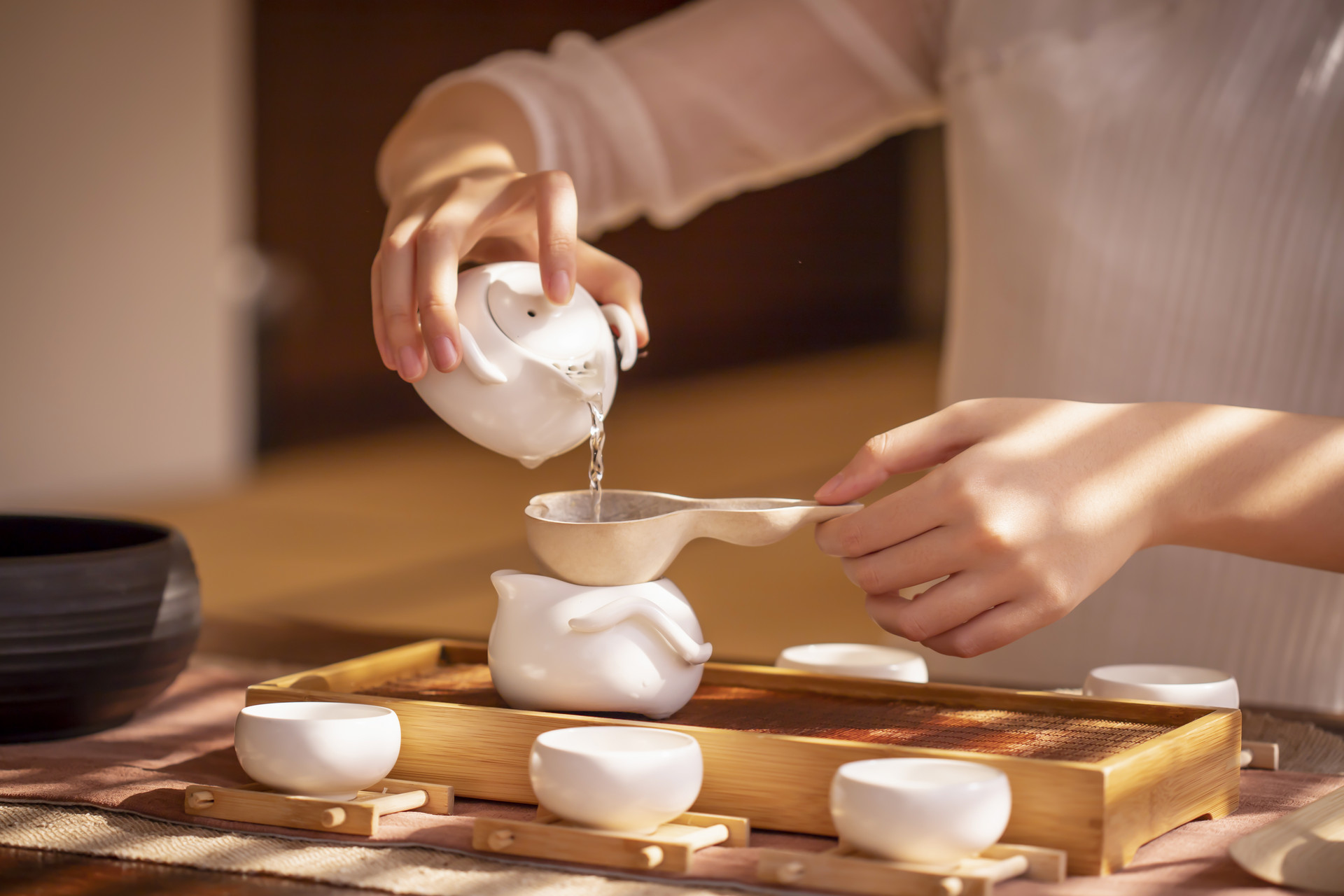


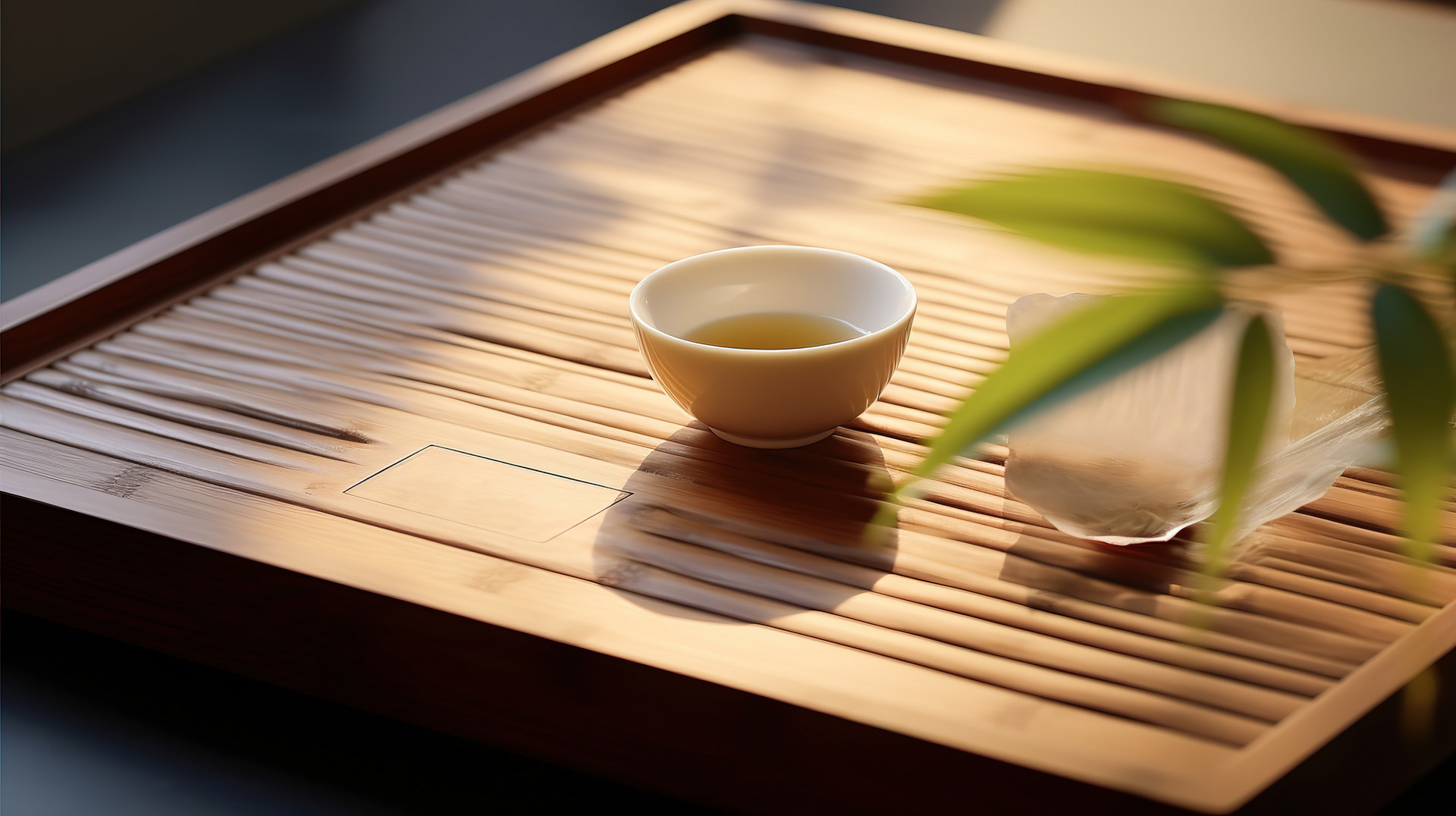
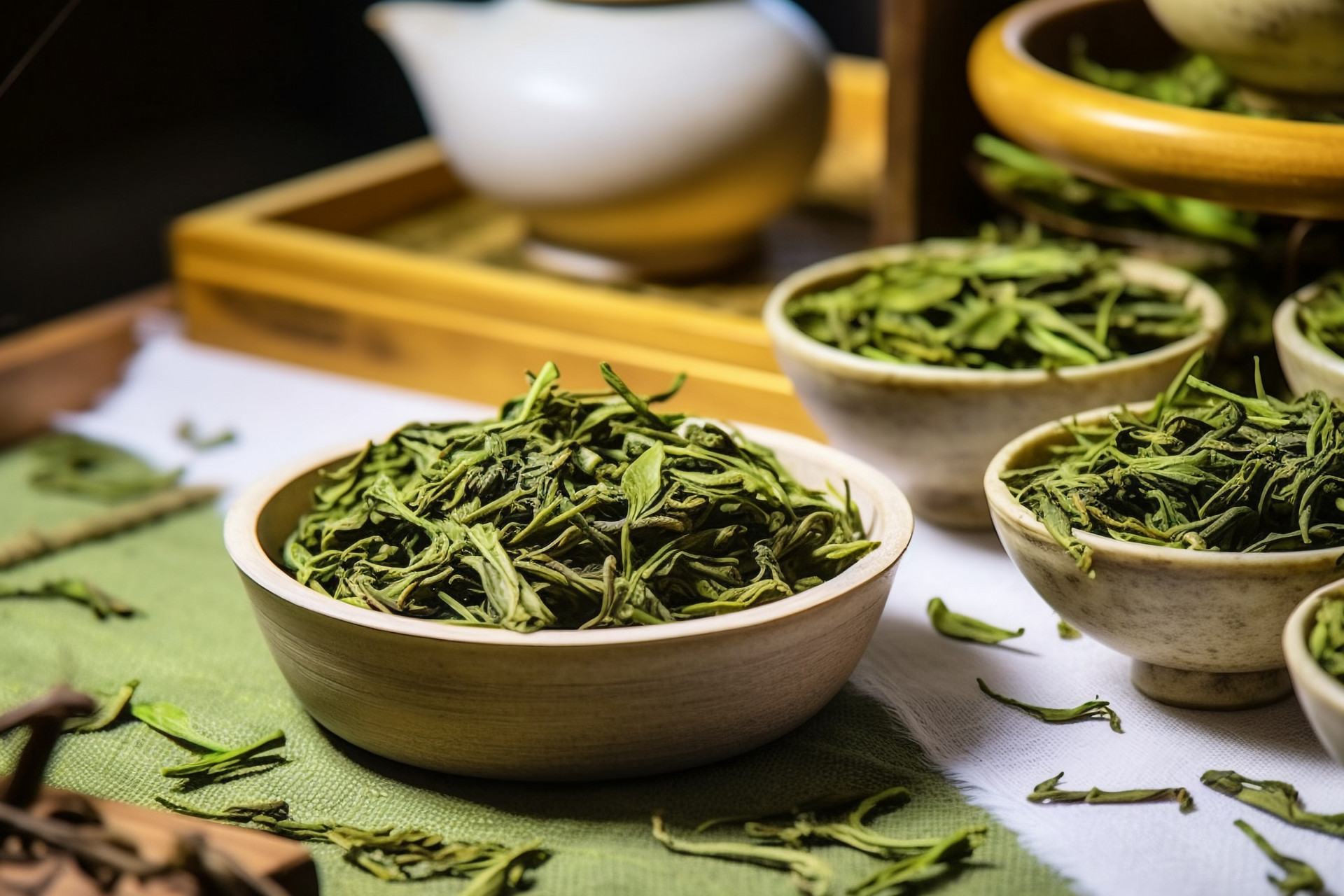
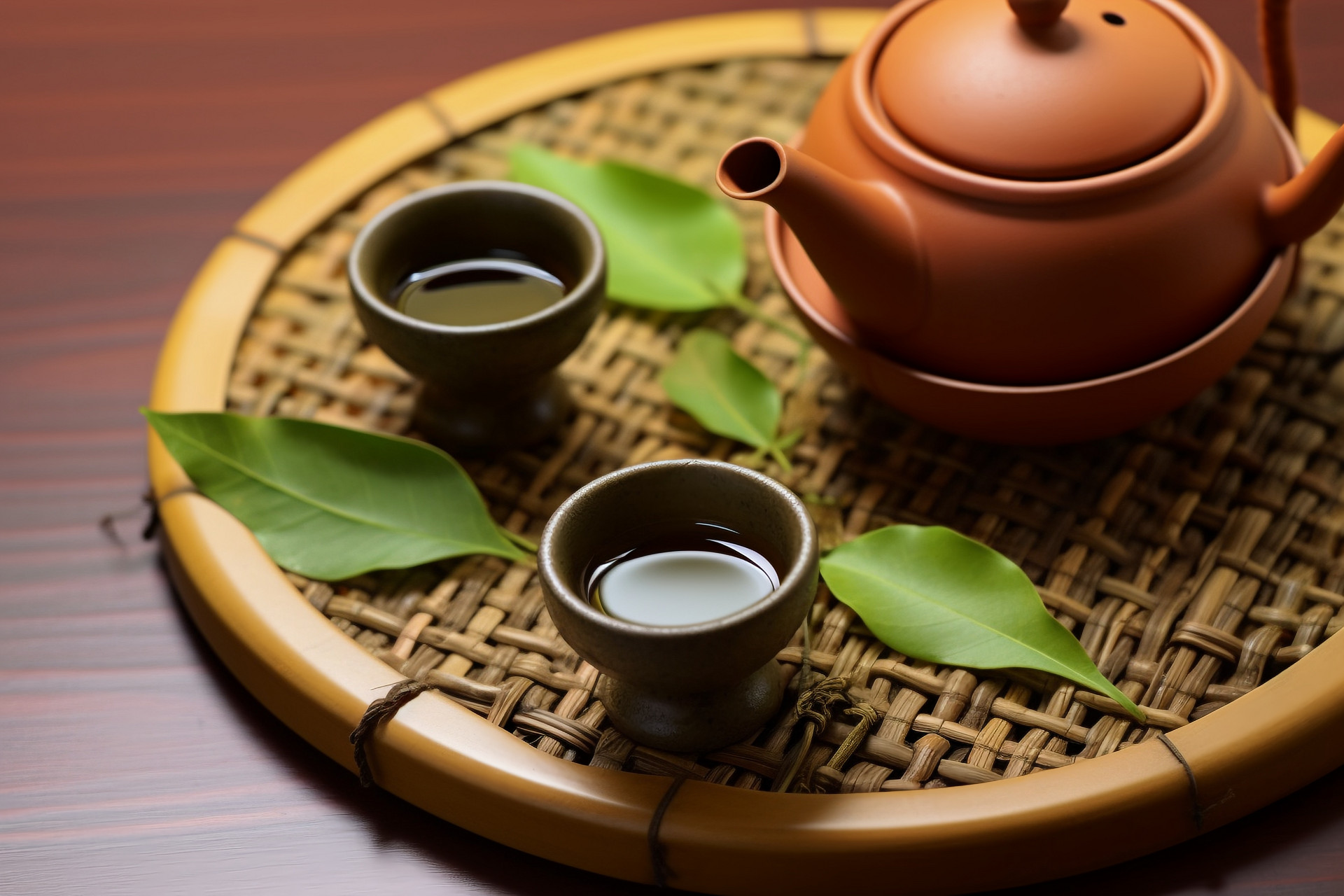
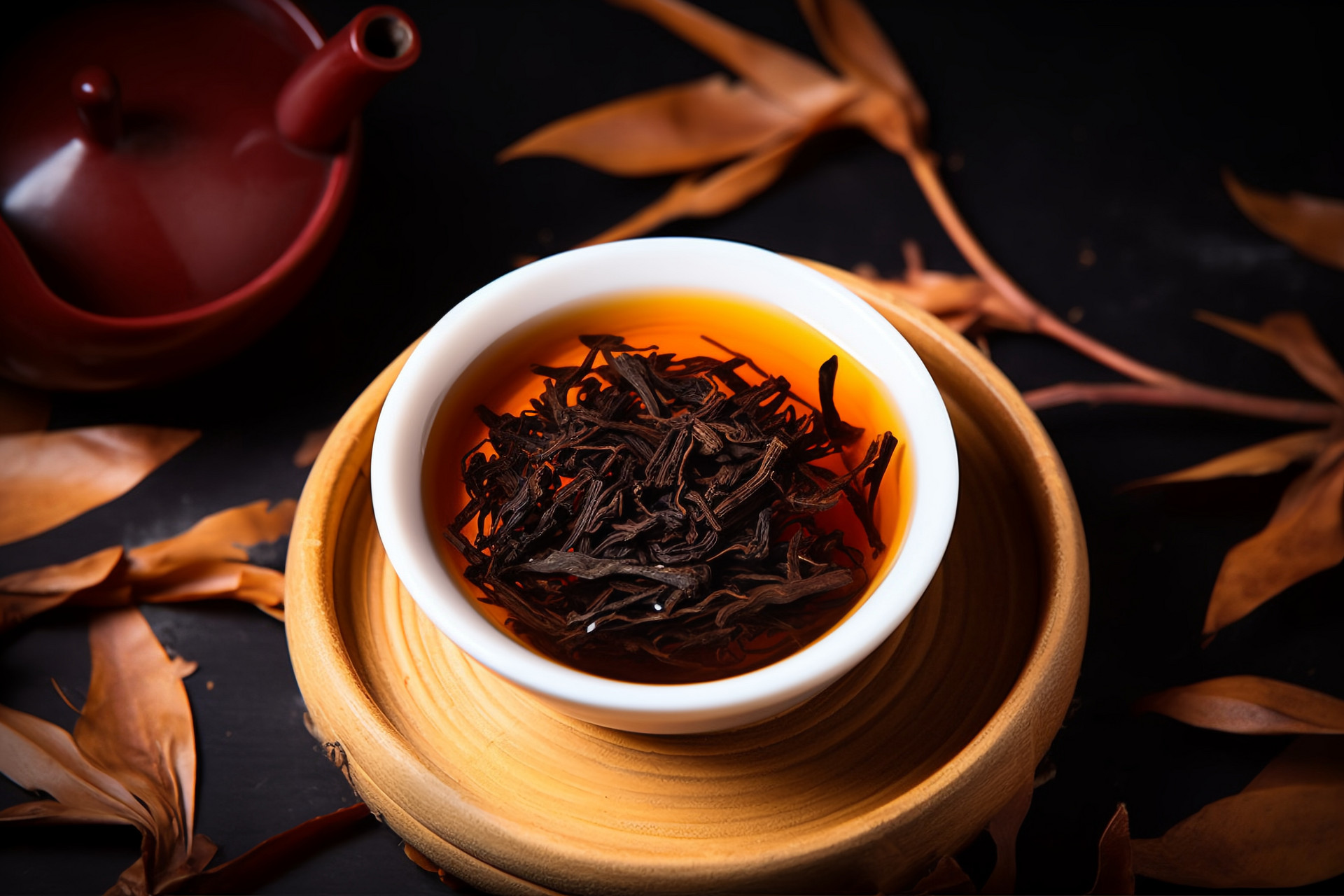
![[Herbal Wine Recipes for Health and Beauty]](https://tcmmaintenance.com/uploads/20240715/7241f6b6eafdaed88c28b26a37213964.jpg)